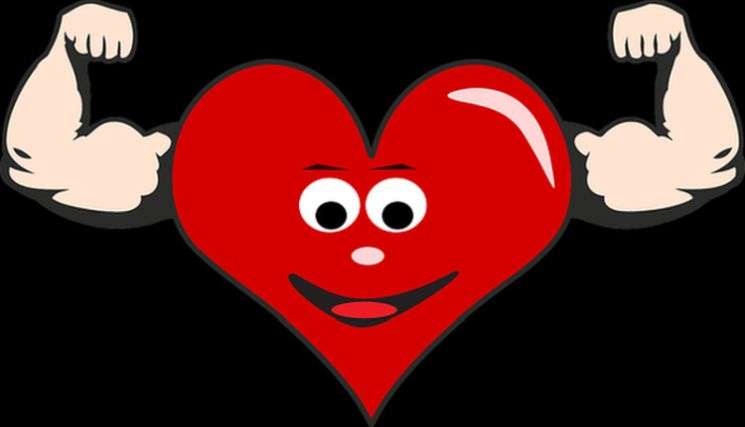7 Myths About Heart Health
7 Myths About Heart Health. February is National Heart Month, so now is an excellent opportunity to dispel some common myths about heart health. Neglecting to address these misconceptions could have detrimental effects on both your own wellbeing and that of those close to you.
Heart disease is a serious risk factor, but you can reduce it by making lifestyle changes and managing any underlying medical conditions you may have.
- You’re too young to have heart disease.
Heart disease and a heart attack may be more prevalent among older individuals, but they can affect anyone. That is why it’s critical to take care of your heart now – before any issues arise.
Heart diseases such as coronary artery disease and hypertension often develop during childhood; however, other serious health issues can strike at any age, including diabetes, high cholesterol levels, and smoking.
- You can’t control your weight.
One of the best ways to promote heart health is losing weight. Even small losses can reduce your risk for developing heart disease and other serious medical issues.
At first, there are plenty of ways to lose weight without feeling deprived. But the real key lies in persistence and consistency with your efforts. Additionally, having a support system such as spouse, friend or health care professional like a psychologist can be extremely helpful too – whether that be from family members, spouse or even an outside source like the psychologist!
- You’re too old to have a heart attack.
Heart attacks, also referred to as myocardial infarctions (MIs), occur when one of your coronary arteries becomes blocked. This blockage can obstruct or stop the vital blood flow to your heart muscle, leading to permanent damage.
Heart attacks can strike at any age. The most common warning signs include chest pain or discomfort; back, jaw, neck or arm discomfort; and shortness of breath.
Other signs of a heart attack include cold sweat, nausea or lightheadedness. Acting quickly can reduce damage to your heart and avoid serious outcomes.
- You don’t need to exercise.
Like most Americans, exercise may not be a top priority. In fact, less than 20% of Americans get the recommended 150 minutes of strength and cardiovascular physical activity each week — despite all of the evidence showing its benefits for health.
Exercising isn’t just for fitness. It can also improve your mood, promote better sleep quality and help manage stress, depression, anxiety and other health conditions.
- You don’t need to change your diet.
The heart is an amazing muscle, pumping millions of gallons of blood around the body to provide energy and essential nutrients. Additionally, it helps eliminate waste from your system while providing oxygen and hormones.
Eating a nutritious diet can significantly reduce your risk for heart disease and stroke. Focus on including plenty of fiber in your meals by including fruits, vegetables and whole grains into your meals.
Limit your intake of processed foods and red meats, as they often contain saturated fats and trans fats that can raise your cholesterol levels and lower HDL (good) cholesterol. These fats also tend to increase inflammation in the body.
- You don’t need to quit smoking.
Smoking increases your risk for heart disease and other serious health complications. It also damages blood vessel walls, increasing your likelihood of blood clots.
Smoking can also be hazardous for your friends and family members. Second-hand smoke (also referred to as passive smoking) has been known to lead to heart and lung disease, cancer, and other serious illnesses.
Quitting smoking is one of the healthiest decisions you can make for both your heart and health. Within a few days, your chances for experiencing a heart attack or stroke will drop drastically and cancer-related risks will also be minimized.
- You don’t need to see a cardiologist.
Your heart is an essential organ, pumping blood and oxygen throughout your body.
Cardiologists, or doctors with special training in the heart and vascular system, diagnose and treat heart conditions. They order tests, refer patients for surgery, help them manage their health care, and put them on the path towards having a healthy heart.
Your primary care provider may suggest consulting a cardiologist when you experience any new symptoms or risk factors for heart disease, such as high cholesterol or high blood pressure. It’s especially beneficial if there is a family history of cardiovascular issues in your family.




